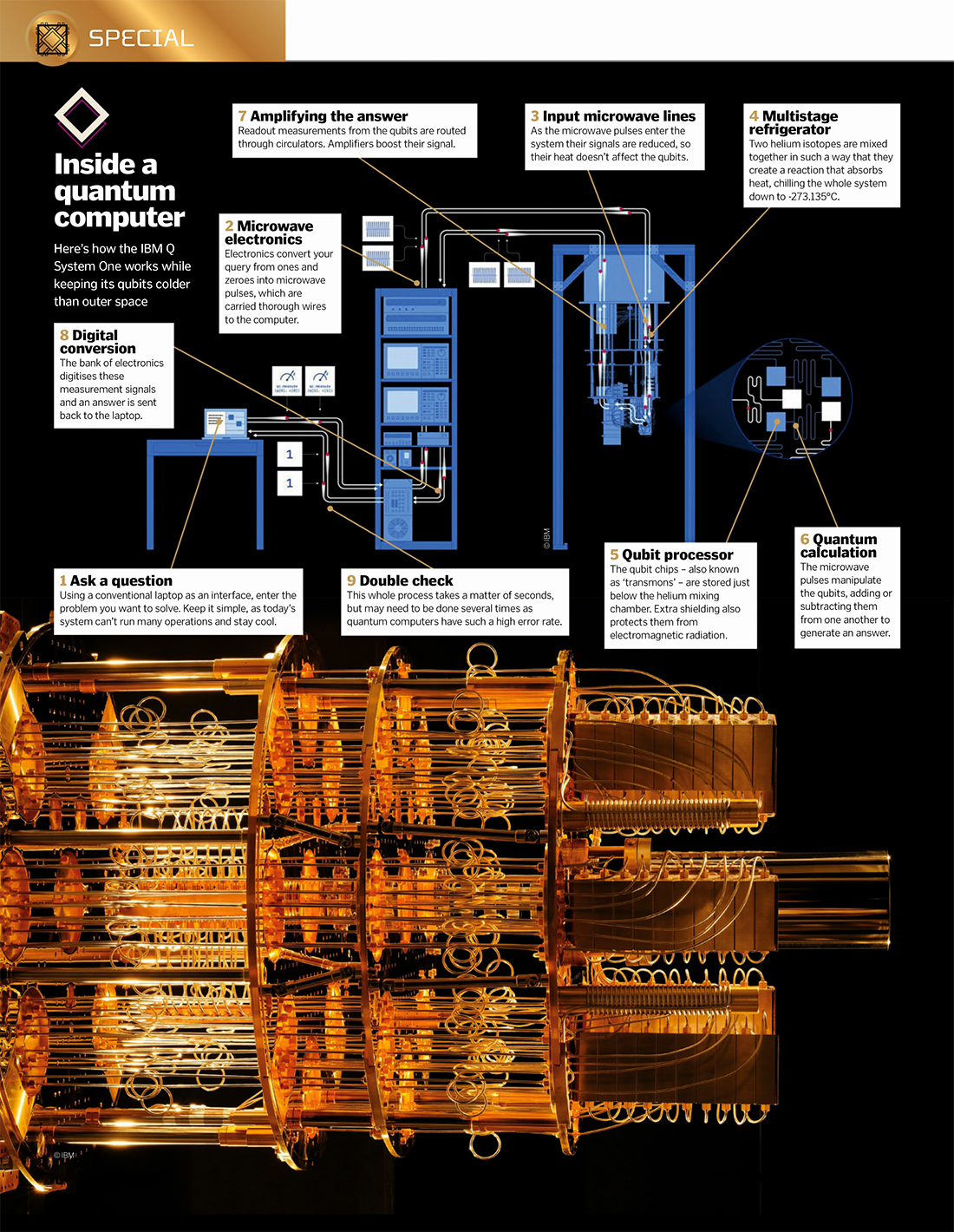Quantum computing represents a significant evolution in computational paradigms, leveraging the principles of quantum mechanics to perform calculations at unprecedented speeds. As the field matures, one might wonder whether quantum computers possess the capability to execute conventional programming languages, such as C++. This inquiry delves into the intersection of quantum mechanics and classical programming, exploring various aspects that surround the compatibility, execution, and overall feasibility of running C++ code on quantum systems.
To commence this exploration, it is essential to delineate the fundamental differences between classical and quantum computing. Classical computers utilize bits as the smallest unit of information, which can exist in a binary state of either 0 or 1. In contrast, quantum computers employ quantum bits or qubits, which can exist in a superposition of states. This unique characteristic allows quantum systems to perform multiple calculations simultaneously, facilitating solutions to traditionally intractable problems.
As we approach the heart of the question, it is important to consider the inherent nature of C++ as a programming language. C++ is primarily designed for classical architectures, relying on sequential processing and deterministic execution. The language embodies constructs that align more closely with classical logic. Thus, one must contemplate whether C++ can translate effectively to a quantum framework that operates on fundamentally different principles.
At this juncture, we arrive at the concept of quantum programming languages, which have been developed to harness the power of quantum computations specifically. Languages such as Qiskit, Cirq, and Quipper were devised to accommodate qubits, quantum gates, and other theoretical constructs intrinsic to quantum mechanics. These languages enable programmers to write algorithms that exploit quantum phenomena, such as entanglement and superposition, optimizing performance in ways that classical languages like C++ cannot.
Interestingly, this brings us to the broader conversation regarding the potential of hybrid computing models. Hybrid architectures wherein classical and quantum components coexist could allow programmers to benefit from both realms. For instance, a classical algorithm written in C++ could perform preprocessing tasks or handle input/output operations, while the quantum segment processes complex computations that benefit from quantum speed-up. Thus, a plausible methodology emerges where C++ facilitates the orchestration of quantum processes, but not in a direct execution capacity.
Moreover, several frameworks and tools have been developed to interface classical code with quantum algorithms. These systems often include middle-layer APIs that can facilitate communication between C++ programs and quantum execution environments. This architecture permits developers to streamline workflows, augmenting classical computations with quantum capabilities. However, it is important to note that the quantum processing units (QPUs) operate under distinctly probabilistic models, introducing layers of complexity in data interpretation on outcomes derived from quantum operations.
Delving deeper into this intricate interplay, one might then evaluate the types of problems that are best suited for quantum advantages. Quantum computers excel in particular scenarios, particularly those involving large datasets or intricate combinatorial problems. Classical algorithms are often limited by time complexity, while quantum algorithms like Grover’s and Shor’s exhibit exponential efficiency in retrieving data or factoring integers. As such, C++ is more likely to serve as a vehicle for pre-quantum processes rather than a direct code-manipulating entity within quantum architectures.
A significant point of consideration arises regarding the challenges faced when integrating traditional programming languages with quantum technology. One of the most pressing challenges is scaling quantum systems to maintain a comparable efficacy to that of classical systems. Issues regarding error rates, qubit decoherence, and the necessity for quantum error correction complicate matters, making it vital for developers and researchers to conceptualize algorithms that are both robust and adaptable to evolving quantum hardware.
In examining the future trajectory of quantum computing, educational and professional landscapes will undoubtedly shift towards integrating quantum principles into conventional programming curricula. Understanding the fundamentals of quantum mechanics, as well as their implications for programming languages like C++, will be indispensable for emerging programmers. Enhanced interdisciplinary collaboration among computer scientists, physicists, mathematicians, and engineers will be pivotal in navigating these transitions.
Furthermore, as quantum computers take center stage in the realms of artificial intelligence and optimization problems, the synthesis of classical and quantum methodologies will cultivate a new paradigm in computational theory and practice. The notion that quantum computers might one day execute C++ code, albeit indirectly, heralds an era ripe for experimentation, innovation, and disruption of traditional computational frameworks.
In conclusion, while quantum computers are not inherently designed to run C++ code in the same vein as classical computers, they provide a promising avenue for hybrid programming architectures. C++ may serve a supportive role in manipulating data for quantum computations, while dedicated quantum programming languages will assume the primary responsibility for executing quantum algorithms. As the integration of quantum mechanics with classical computing progresses, the academic and industrial landscapes must adapt to embrace these transformative technologies and their inherent complexities.












